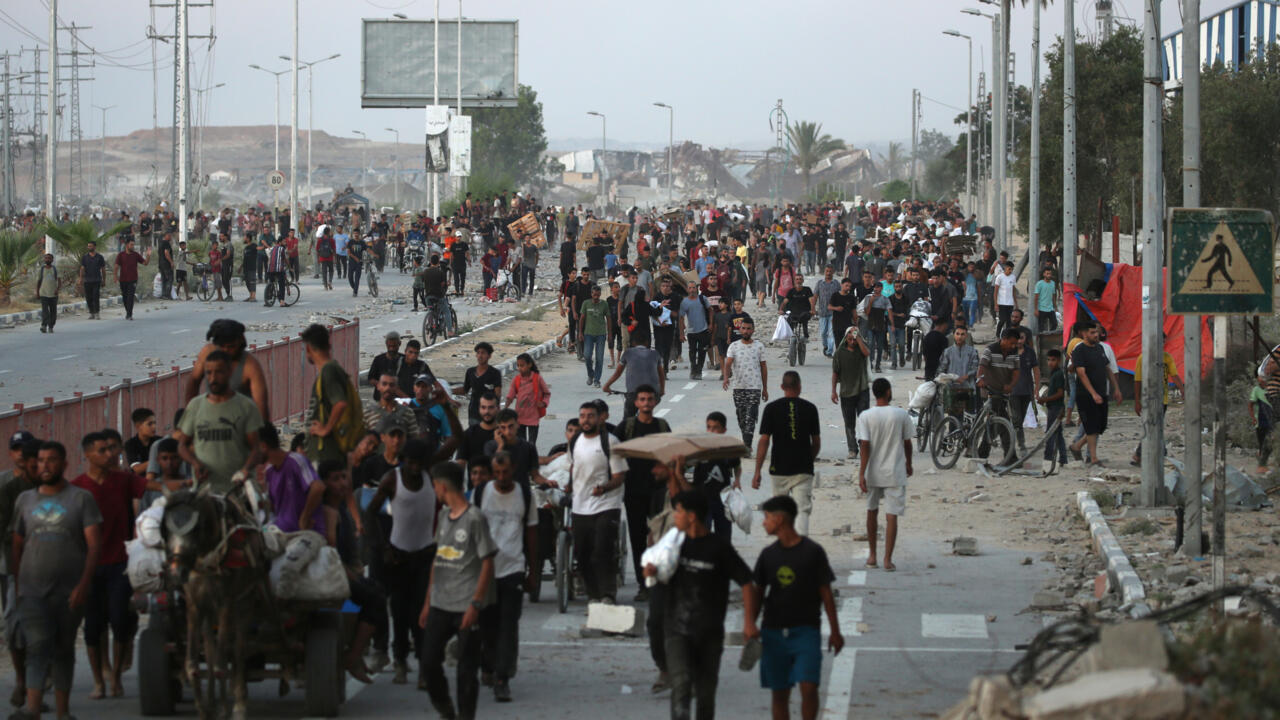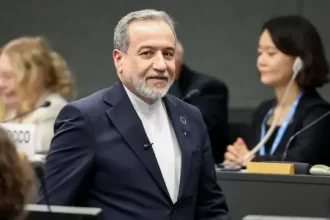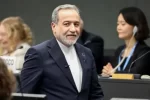In a powerful plea echoing across the globe, four of the world’s leading news organizations—Agence France-Presse (AFP), Associated Press (AP), Reuters, and the BBC—have called on the Israeli government to open access for journalists into Gaza. The request comes amid mounting fears for the safety, dignity, and survival of local reporters trapped in the besieged enclave.
“We are desperately concerned for our journalists in Gaza, who are increasingly unable to feed themselves and their families,” the media giants said in a rare joint statement issued Thursday. “Journalists endure many deprivations and hardships in war zones. We are deeply alarmed that the threat of starvation is now one of them.”
This is not just about press freedom—it’s about human survival. For months, Palestinian journalists have risked everything to document the devastation from inside Gaza, providing the only real-time window for the world to witness the impact of this war. Yet, even as they tell the stories of others, their own voices are being stifled by hunger, isolation, and violence.
With Gaza sealed off since the October 7, 2023 conflict erupted, international media outlets are almost entirely dependent on local reporters for ground coverage. These journalists, who continue to work under constant threat, are running out of basic necessities—food, water, electricity, and hope.
More than 200 journalists have been killed in Gaza since the war began, according to Reporters Without Borders. Others live in fear, targeted by military operations or accused of terrorism for doing their jobs. Meanwhile, the World Health Organization has warned of “mass starvation,” confirming that food aid is falling dramatically short of what’s required.
“This is not just a crisis of war; it’s a crisis of conscience,” said AFP photographer Omar al-Qattaa, who described working with an empty stomach and no energy left. Despite months of lobbying, only a handful of journalists and their families have been allowed to evacuate.
The Israeli government has defended its position, citing national security concerns and accusing Hamas of manipulating humanitarian aid. But conflicting reports from the UN and witnesses on the ground allege that Israeli forces have fired on civilians seeking food, with over 1,000 Palestinians reportedly killed while trying to access aid.
In its 2024 annual report, Reporters Without Borders described Gaza as “a place where journalism itself is threatened with extinction.” Without access and protection, truth itself becomes a casualty.
This is not just a media issue. It is a humanitarian one. Without free and safe reporting, the world goes blind—and the vulnerable, voiceless.








